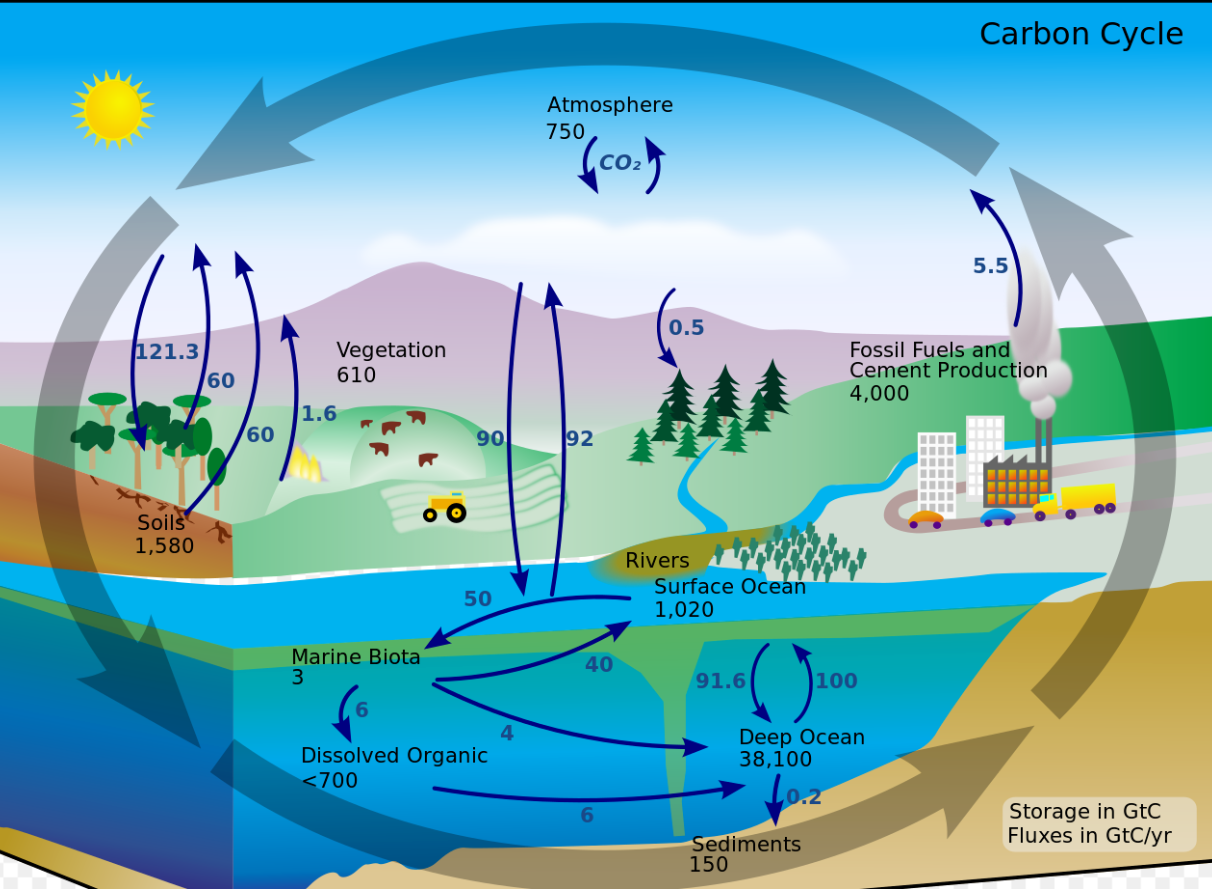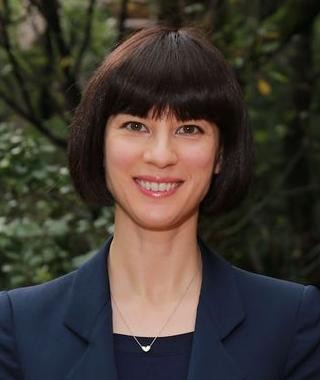"Australia, we need to talk about solar geoengineering" - by CWP alum Courtney Fung

With climate change now a reality and its impacts being felt, geoengineering is emerging as a major (if controversial) point of discussion and debate regarding international responses to climate change.
In 2013, the Intergovernmental Panel on Climate Change defined ‘geoengineering’ as ‘methods that aim to deliberately alter the climate system to counter climate change’ (IPCC Citation2013, 29). By most accounts, technological interventions that fit within this broad label of geoengineering take one of two forms: carbon dioxide removal (CDR) and solar radiation management (SRM) (or more simply solar geoengineering). The former describes ‘anthropogenic activities removing CO2 from the atmosphere and durably storing it in geological, terrestrial or ocean reservoirs or in products’ (IPCC Citation2018) and includes activities such as afforestation, soil carbon sequestration, ocean fertilisation and direct air capture. Solar geoengineering, on the other hand, involves reducing impacts of climate change by reflecting some of the sun’s energy into space. Here, stratospheric aerosol injection (using aircraft to disperse sulphur, for example) is the most likely technique envisaged to achieve this.
Jonathan Symons, Courtney Fung, Dhanasree Jayaram, Sofia Kabbej & Matt McDonald Published online: 07 Apr 2024 - https://doi.org/10.1080/10357718.2024.2333811
Courtney J. Fung is Associate Professor in the Department of Security Studies & Criminology at Macquarie University. She is concurrently Associate in Research at the Fairbank Center for Chinese Studies, Harvard University, Scholar in Residence at Asia Society Australia, and also Associate Fellow at the Lowy Institute. Courtney is on the editorial board of Contemporary Security Policy, the Australian Journal of International Affairs and H-DIPLO ISSF. Her research examines how rising powers address the norms and provisions for global governance and international security, with an empirical focus on China.
Courtney was previously an associate professor with tenure in the Department of Politics and Public Administration at the University of Hong Kong; a research fellow with the East Asia Institute (Seoul) in their Program on Peace, Governance, and Development in East Asia, and a post-doctoral research fellow with the now Columbia-Harvard China and the World Program.
Courtney is author of China and Intervention at the UN Security Council: Reconciling Status (Oxford: Oxford University Press, 2019), which explains the effects of status on China's varied response to intervention and foreign-imposed regime change at the United Nations. Her book was shortlisted for the BISA LHM Ling Outstanding First Book Prize and received the 2019 - 2020 HKU Research Output Prize for the Faculty of Social Sciences. Her work appears or is forthcoming in Contemporary Security Policy, Cooperation and Conflict, Global Governance, International Affairs, Journal of Cyber Policy, Journal of Global Security Studies, Journal of Contemporary China, PS: Political Science & Politics, The China Quarterly, Third World Quarterly, International Relations of the Asia-Pacific, and International Peacekeeping.
Courtney holds a PhD in International Relations from the Fletcher School of Law and Diplomacy, Tufts University. She serves on The Fletcher School Board of Advisors and the National Foundation for Australia-China Relations. She will be a a Fulbright Scholar at Georgetown University in 2024/Q2 through the DFAT-funded Professional Scholarship in Australian-American Alliance Studies.
Photo Credit: By Original: Kevin Saff Vector: FischX - Own work based on: Carbon cycle-cute diagram.jpeg (i.e. https://earthobservatory.nasa.gov/features/CarbonCycle), Public Domain, https://commons.wikimedia.org/w/index.php?curid=4134181

